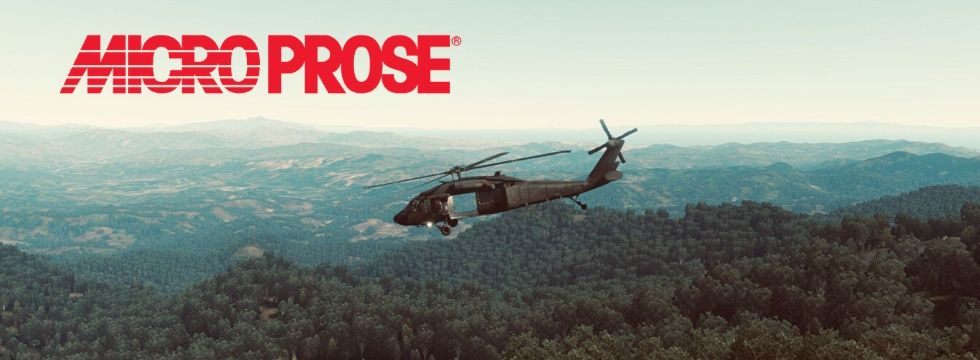New spectrum. The story of MicroProse: like phoenix from ashes
Table of Contents
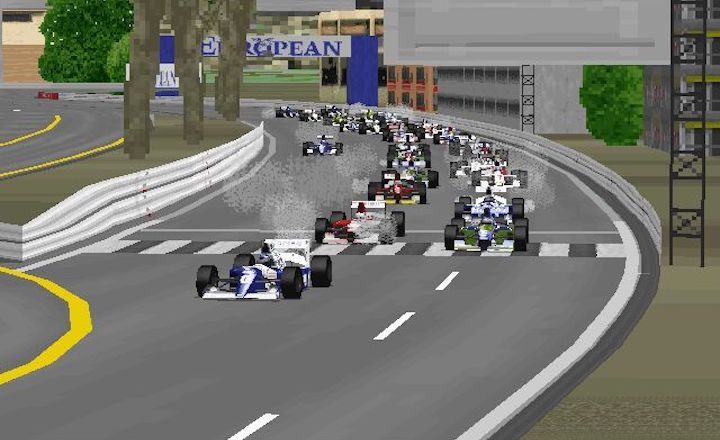
Of course, not everything that happened during Spectrum Holobyte's reign was bad. It was at a time when some genuine milestones of gaming emerged, such as Geoff Crammond's Grand Prix 2, which at the time was second to none in terms of visual fidelity. Hill and Schumacher's duels in F1 cars looked exactly like they did on the TVs in mid-1990s. it was also the beginning of the X-COM series, which is still well alive today. It all started with UFO: Enemy Unknown from MicroProse. A year later, Terror from the Deep sealed the success of one of the best strategy game series in history.
Then, MicroProse' legendary series of combat flight sims was also doing really well, yielding such games as Fleet Defender and 1942: The Pacific Air War (the development of both these games had to have begun a lot earlier, though). Civilization II was receiving expansions for three years, including a spin-off called Colonization. The company also released card games, mech shooters, and RTS, but was unfortunately falling ever deeper to decline. In 1998, it changed hands again, this purchased by Hasbro Interactive.
The beginning of the end…
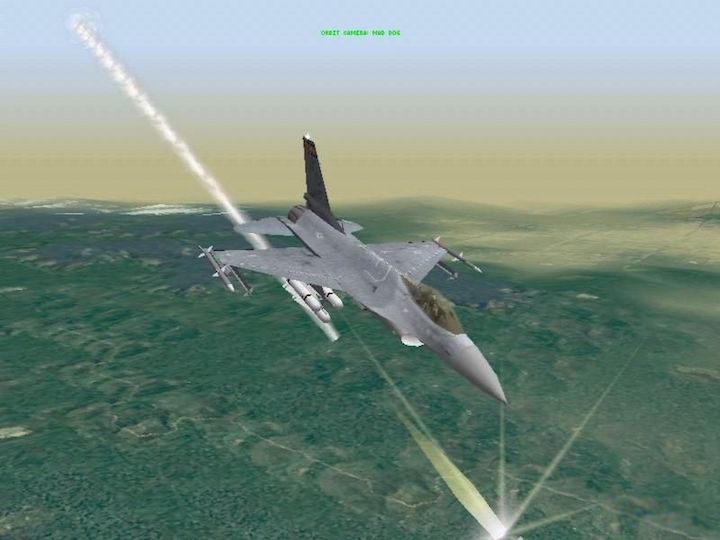
Hasbro failed to breathe much life into the agonizing company. With a few exceptions, such as one of the last great flight simulators, Falcon 4.0, the released products were increasingly mere shadows of former glory. A game, which became famous for its realism and a 600-page manual included in the box, outlived its publisher and still has a large group of devoted fans thanks to the free BMS mod. There was also enough time for the third and fourth Grand Prix, but the games were unable to break the strong competition of Sierra and Electronic Arts. Other noteworthy games include the arcade Top Gun: Fire at Will, a sequel to the game about a World War II bomber, B-17, and the decent Rollercoaster Tycoon. But those were, unfortunately, the death throes of a legendary company. Its studios were closed in 2002 (or 2004, depending on the source) and the intellectual property rights were obtained by Infogrames Entertainment, which later became Atari Interactive.
Like phoenix from the ashes
So, the studio's legendary series have been deep-frozen for nearly 20 years, tossed around like hot potato between lengthy names such as Interactive Game Group, Legacy Engineering Group, and also Cybergun – until the year 2018. That's when the story took a most unexpected turn – ownership of the company and its games was acquired by Australian David Lagettie – a true enthusiast, who grew up on MicroProse games and had dreamed of playing them again ever since 2005. As it turned out, Lagettie had spent the last few years fighting to buy back all the necessary rights to the studio's games, as well as the logo itself. And since then, he's been cooperating with a certain Bill Stealey!
John "Wild Bill" Stealey became something of a mentor in the new MicroProse. He advises, cooperates, and, above all, is an avid supporter of a new, young team. And David emphasizes this is not a way to quickly make some money, but rather an adventure of the lifetime and the fulfilment of his dream – to bring the legendary MicroProse back to where it belongs – the tops of best-seller charts.
The best is yet to come
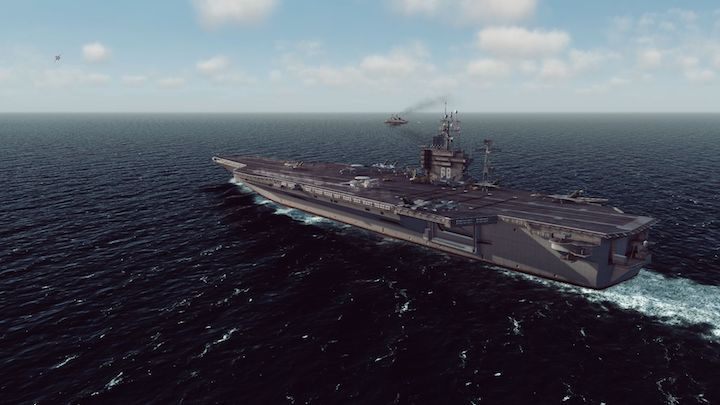
Stealey, on the other hand, couldn't have imagined a better candidate for his successor. Lagettie not only has an incredible love for the studio's games, but also a lot of experience in development, especially of simulators. He worked for the Australian branch of Bohemia Interactive for several years, creating Virtual Battlespace – ARMA engine-based professional soldier simulator for real armies. Later Lagettie co-founded companies like Virtual Simulation Systems and Titan IM. The latter is especially significant because Titan IM has access to the Outerra Engine, allowing open worlds to be created on a much larger scale. With realistic graphical setting, it allows, for example, to seamlessly zoom in from the height of 10 miles down to blades of grass!
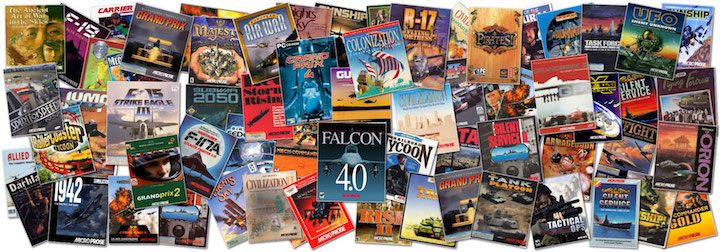
Although recent announcements of new games from MicroProse have been a little disappointing (mostly third-party strategy games only published by the new studio), Lagettie maintains that sexier announcements are still to come, including "Nostalgic titles that will make many people happy." It is also worth noting that the company will not seek to enter the territory of the so-called study-sims like the DCS World, where you have to learn literally hundreds of switches to operate the machine. MicroProse games are meant to be accessible, just like back in the day, although, considering what's currently going on in games, a more elaborate simulator in the style of Gunship 2000 wouldn't hurt.
Will a company snatched from the void find the golden mean and interest modern players in military craft and technology? There's a good chance for that. After all, among the flood of Assassins and battle royales, a sandbox, in which, rather than ride a horse, you fly an Apache loaded with Hellfire missiles could be a nice diversion, a breath of fresh air, even. Even if it is heavier on the retro side. We've seen a lot of successful remakes in recent years, let's hope the reboot of the legendary studio can happen as well!
The main source of information regarding MicroProse' origins, and Bill Stealey's recollection thereof, are based on the book by Morgan Ramsay called Gamers at Work: Stories Behind the Games People Play.
